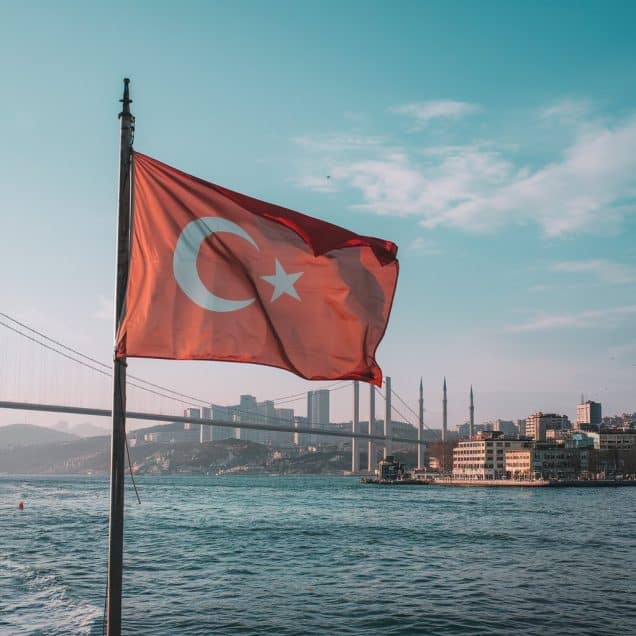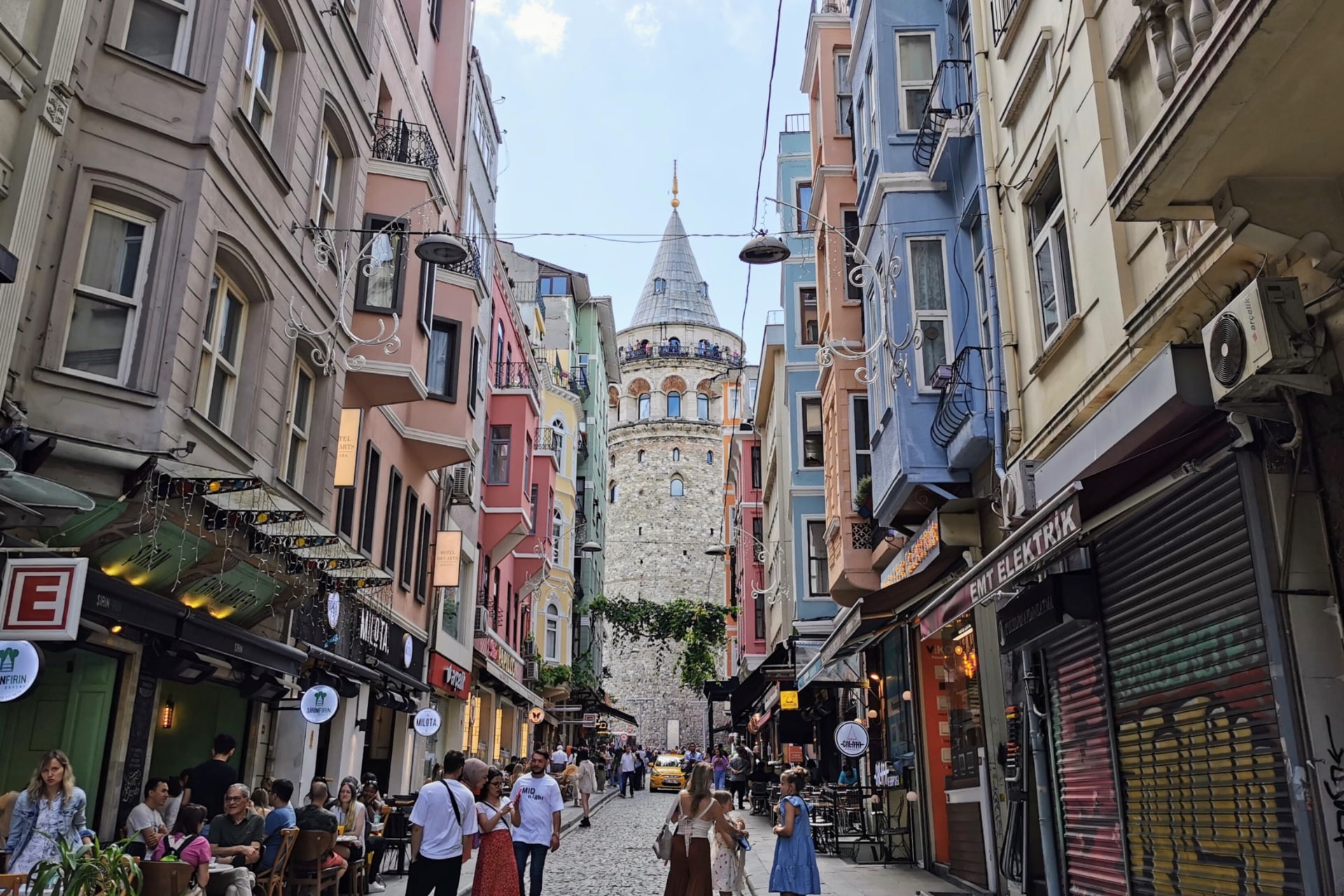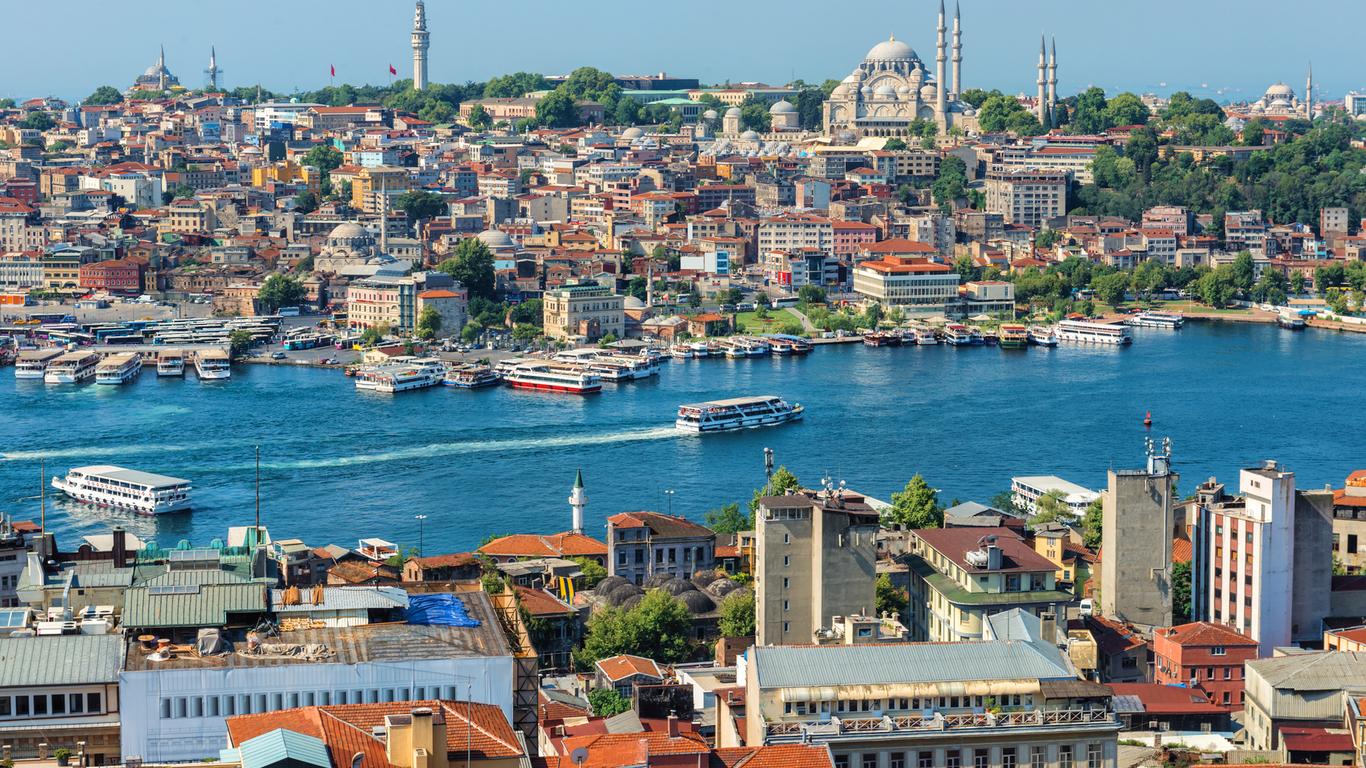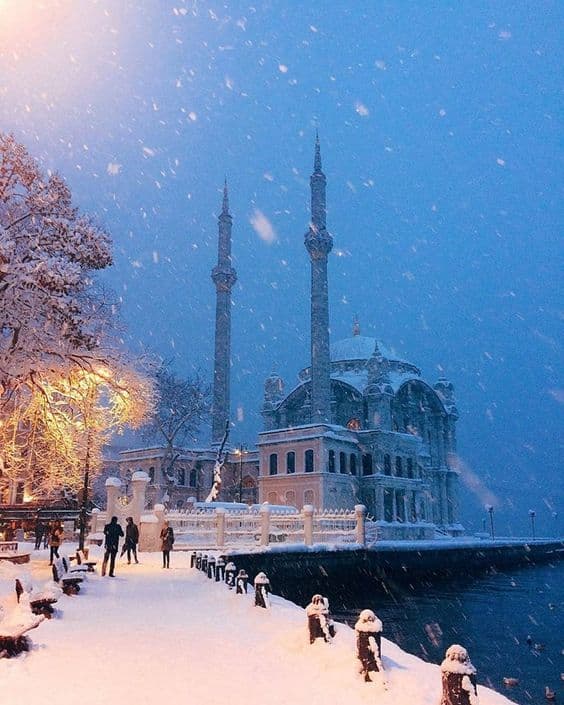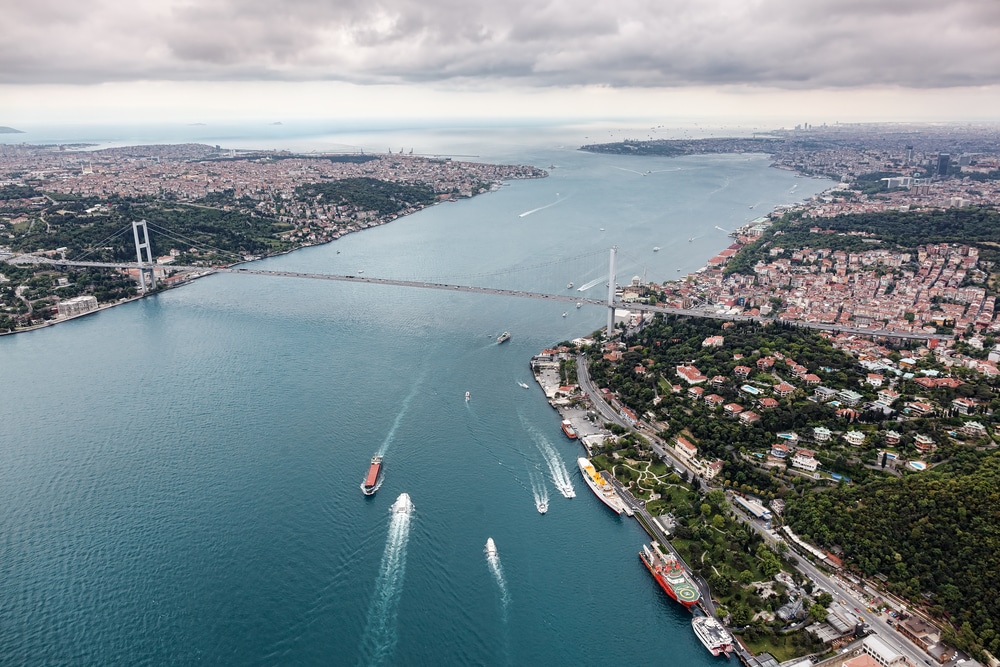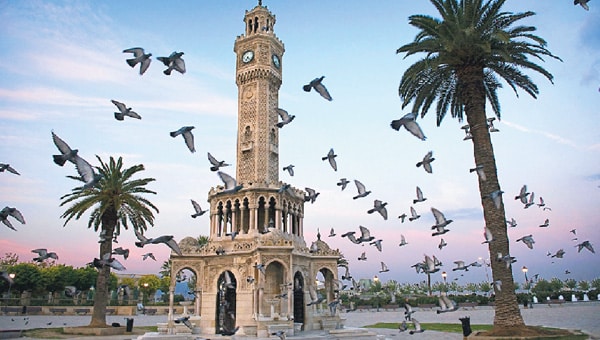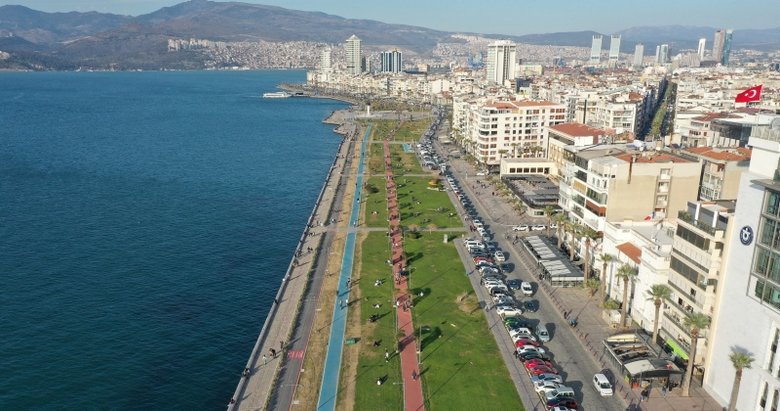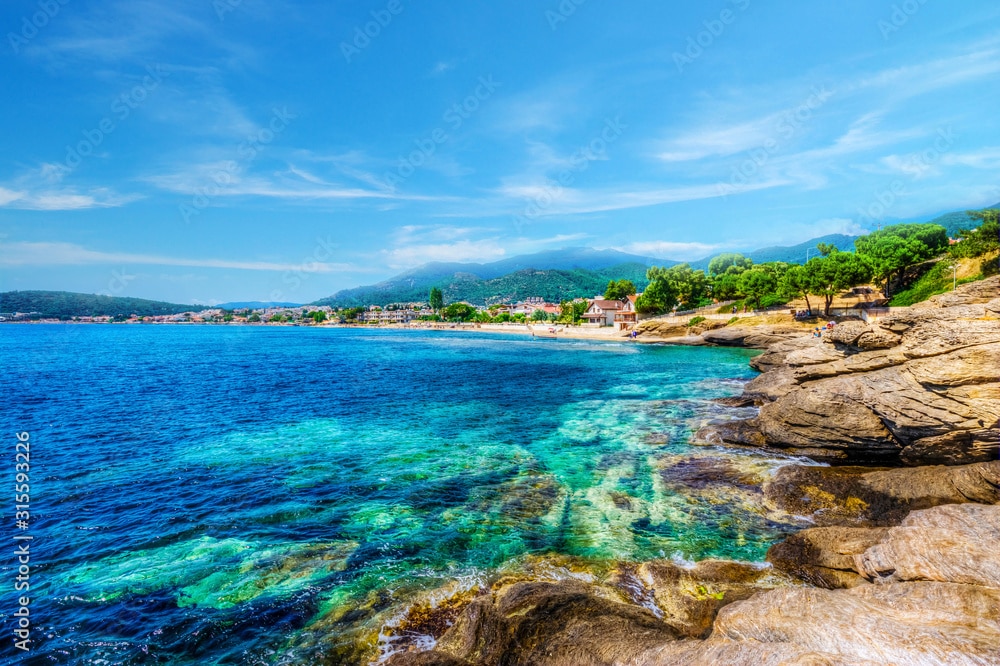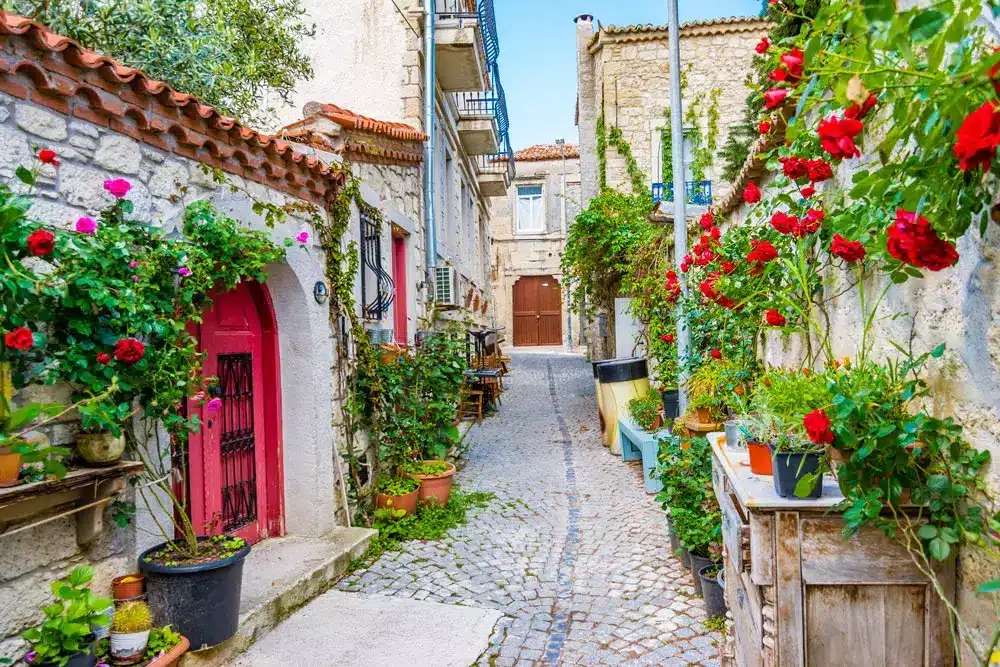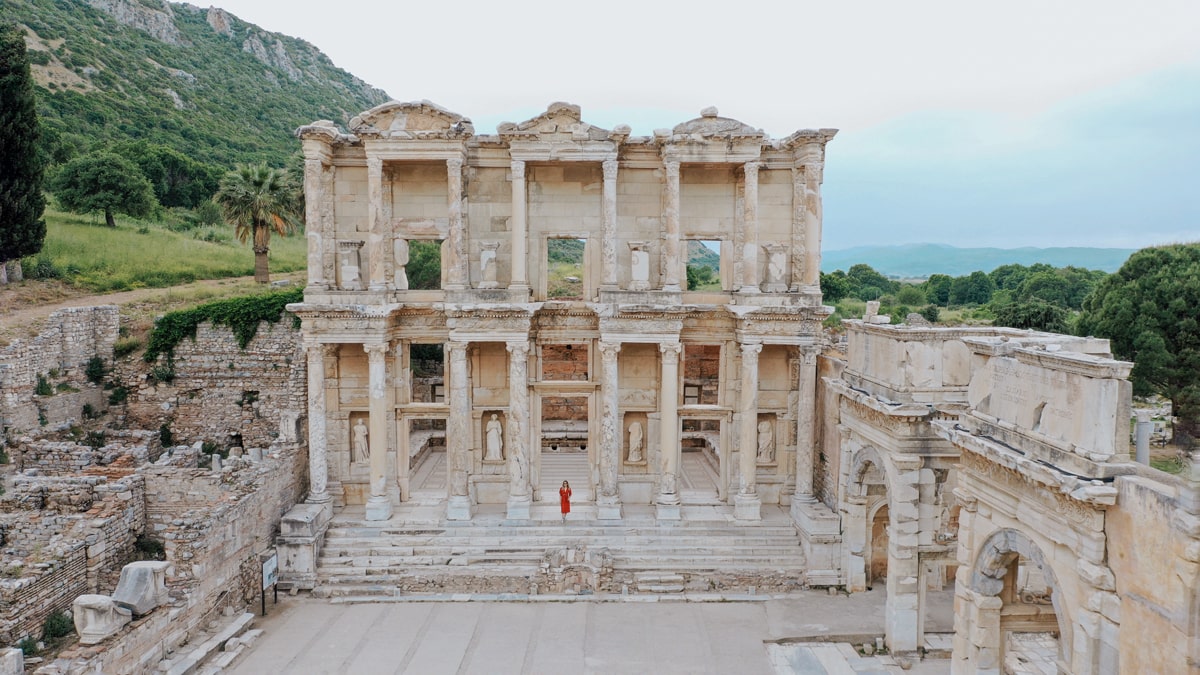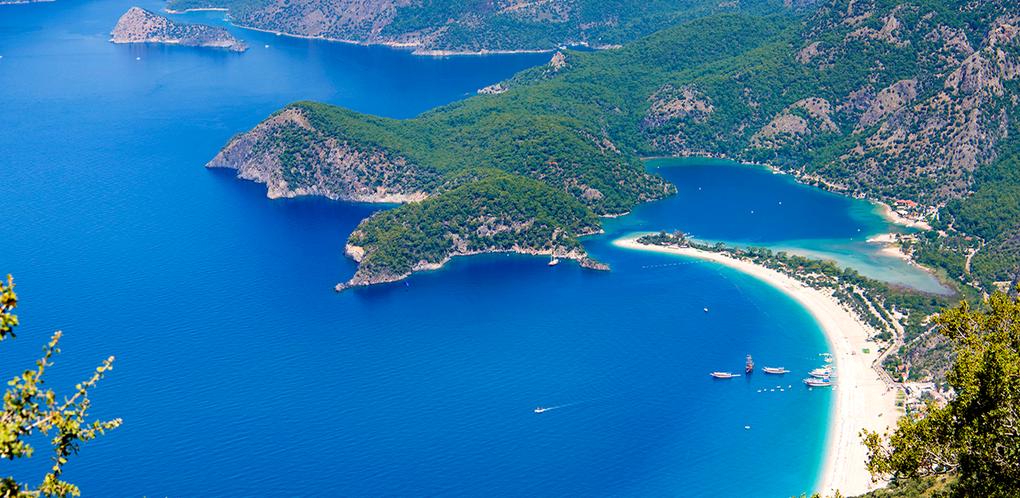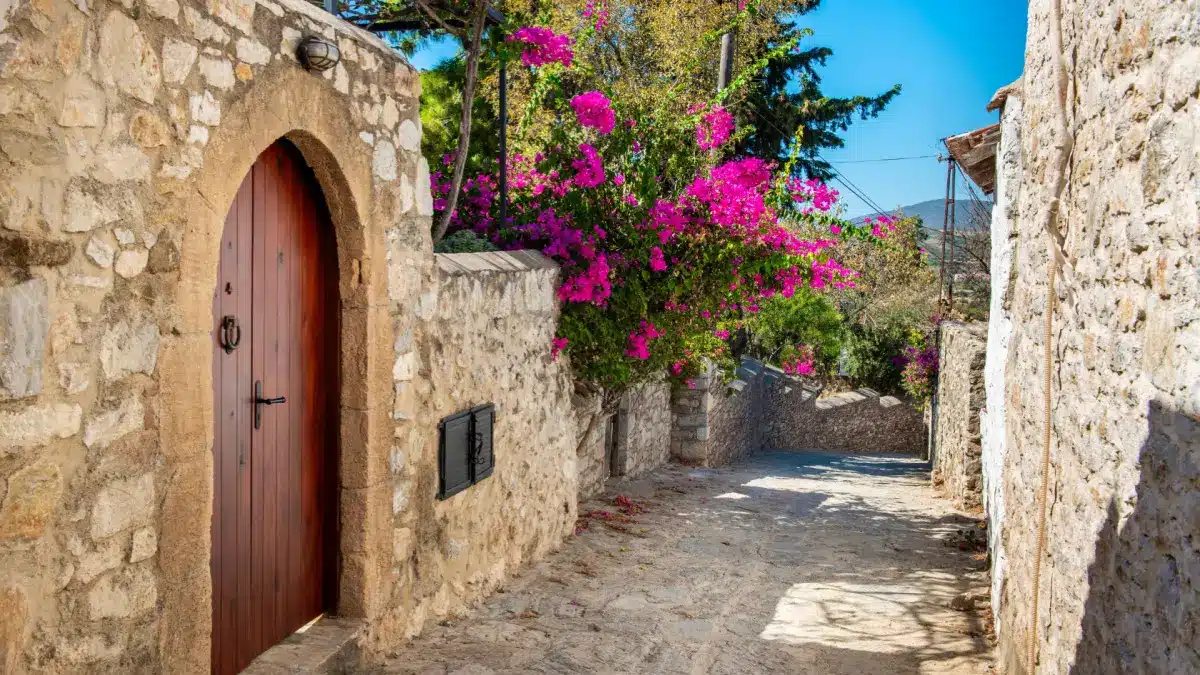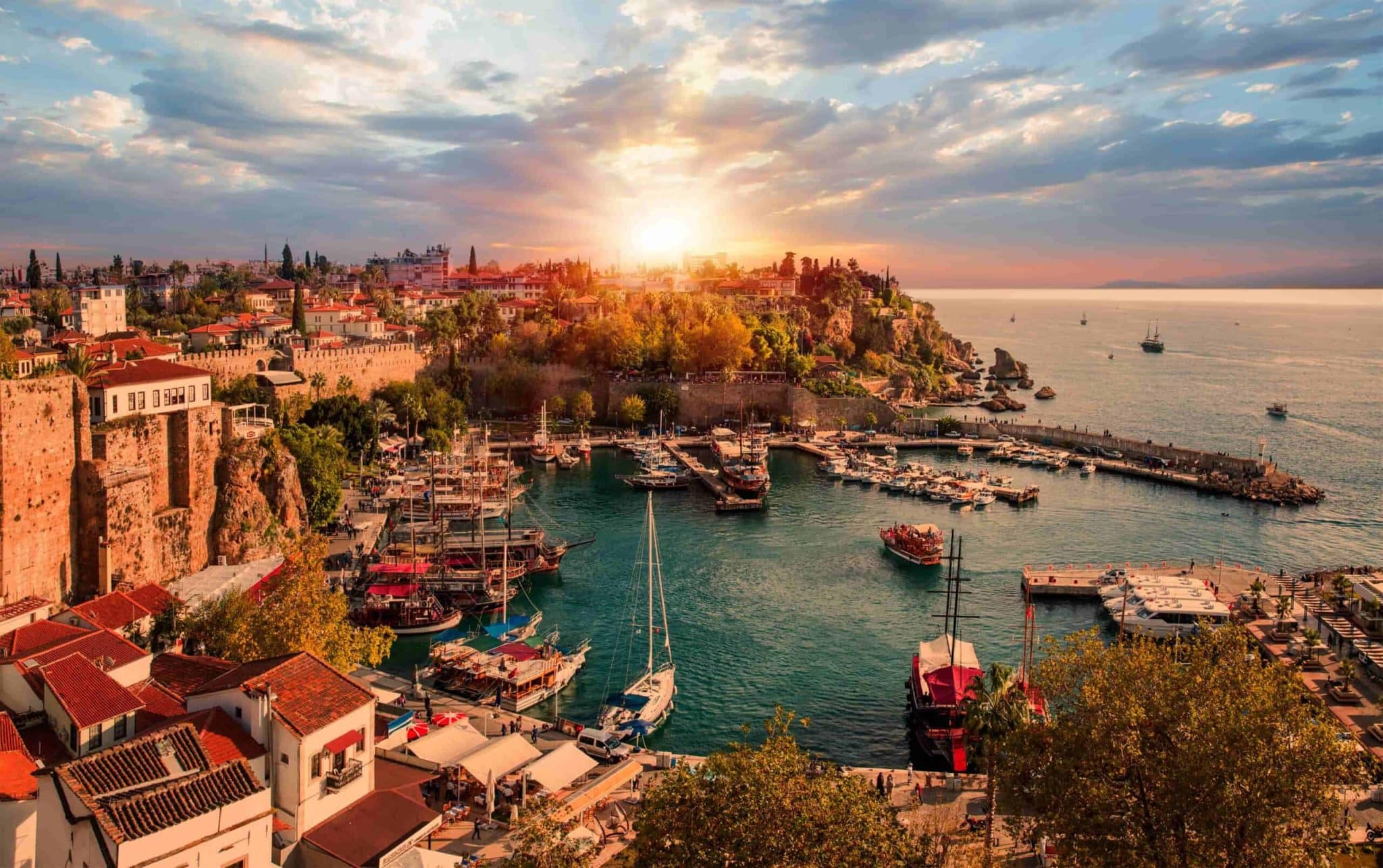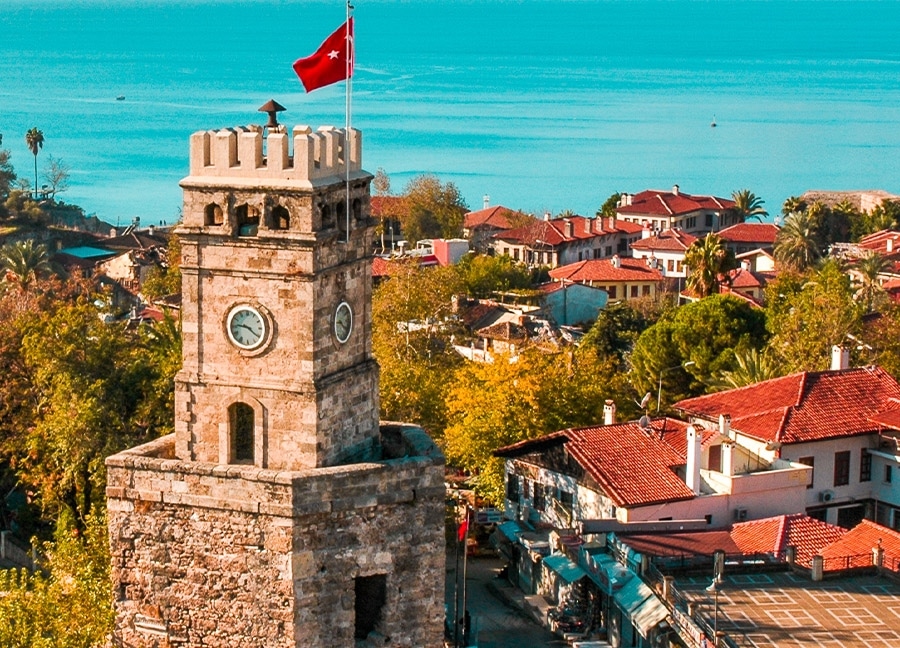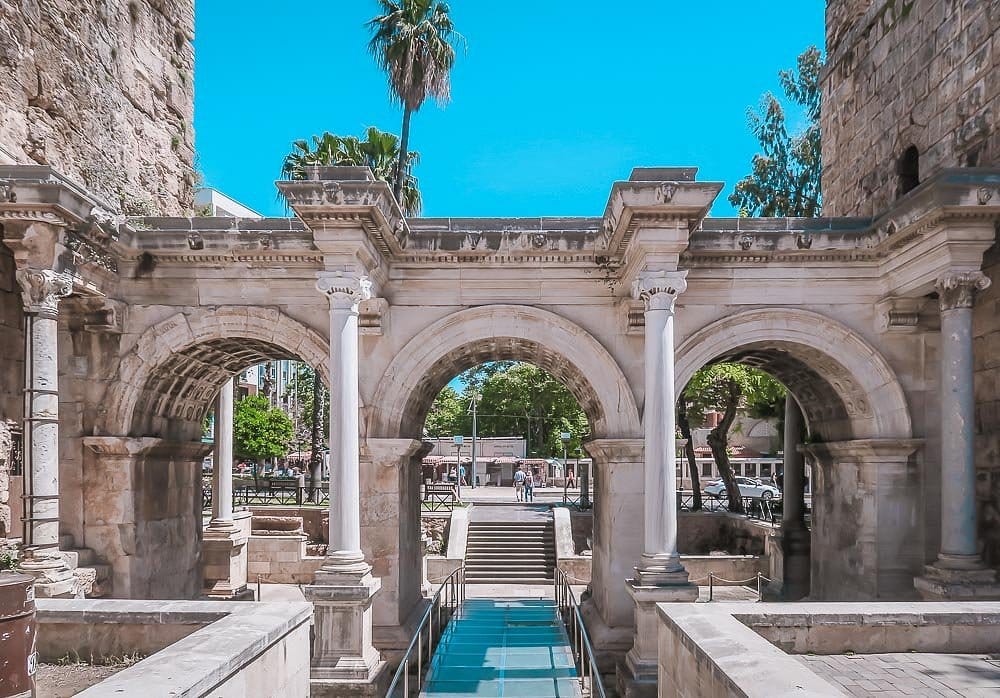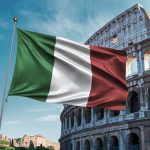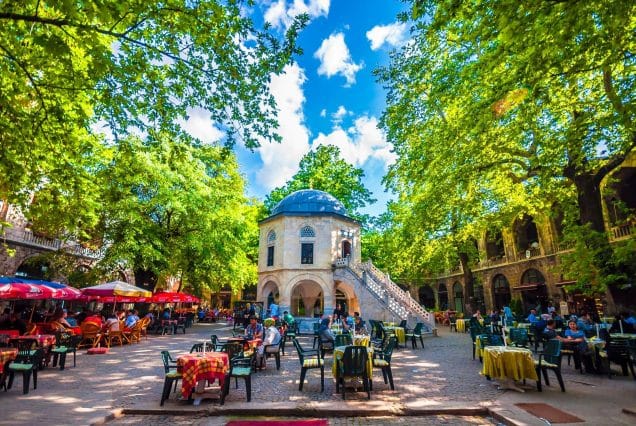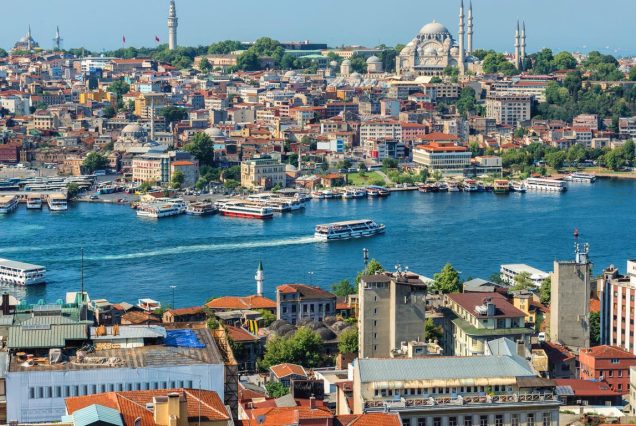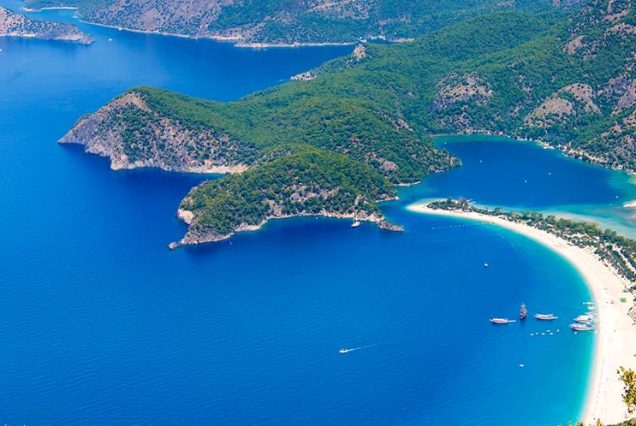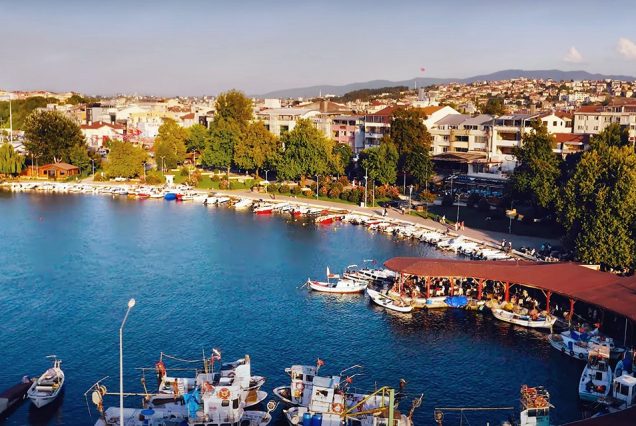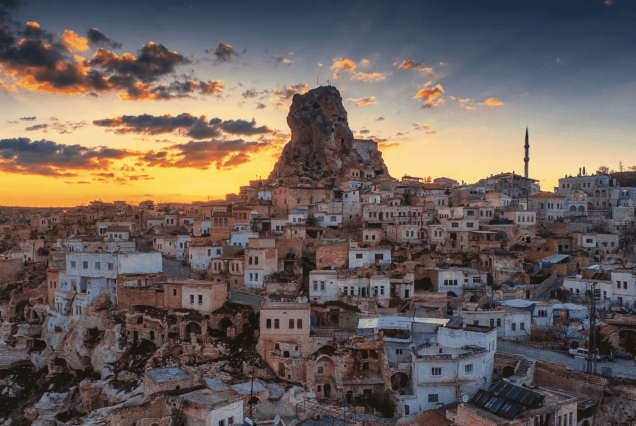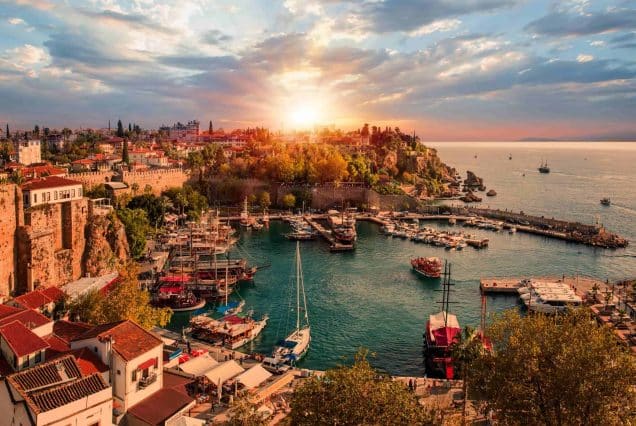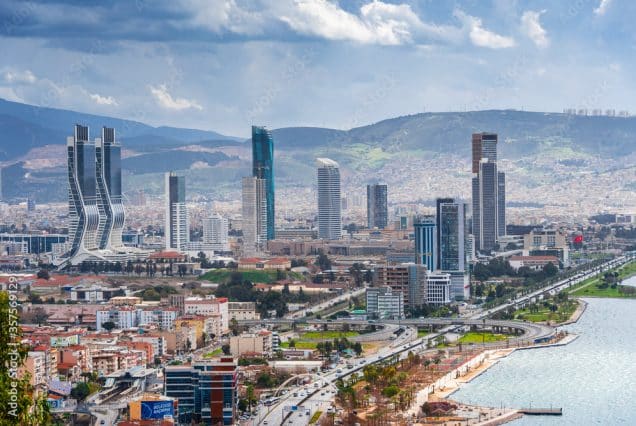

Discover Turkey
Sights
Map
Info
Turkey is a country that bridges Europe and Asia, offering a rich tapestry of cultural experiences, historical landmarks, and natural beauty. From the bustling metropolis of Istanbul to the ancient ruins of Ephesus and the surreal landscapes of Cappadocia, Turkey provides a diverse range of attractions for travelers. The country’s unique blend of Eastern and Western influences is reflected in its architecture, cuisine, and traditions, making it a fascinating destination for those seeking both cultural depth and natural splendor.
Visa and Passport Requirements
Visa Requirement: Most visitors to Turkey need a visa, which can often be obtained online through the e-Visa system before arrival.
Passport Validity: Your passport should be valid for at least six months beyond your entry date into Turkey.
Visa Exemption: Citizens of some countries can enter Turkey without a visa for short stays, typically up to 90 days within a 180-day period.
Transportation
Public Transport: Major cities like Istanbul, Ankara, and Izmir have extensive public transportation networks, including buses, metros, and trams.
Taxis and Ride-Sharing: Taxis are widely available, and ride-sharing apps like BiTaksi offer convenient travel options in urban areas.
Domestic Flights: Turkey has a well-connected domestic flight network, making it easy to travel between distant regions like Istanbul, Antalya, and Cappadocia.
Accommodation
Luxury Hotels: Turkey offers a range of luxury accommodations, especially in cities like Istanbul and along the Mediterranean coast, with top-tier amenities and services.
Mid-Range Hotels and Boutique Hotels: Many mid-range hotels and charming boutique hotels can be found in both urban and rural areas, offering comfort at reasonable prices.
Guesthouses and Hostels: For budget travelers, guesthouses and hostels provide affordable accommodation, particularly in popular tourist destinations.
Dining
Traditional Turkish Cuisine: Turkish cuisine is diverse, with dishes like kebabs, mezes, and baklava being staples across the country.
Street Food: Cities like Istanbul are famous for street food, including simit (a sesame-crusted bread) and döner kebabs.
Local Restaurants: Dining at local restaurants, especially in smaller towns, offers an authentic taste of regional specialties and traditional flavors.
Cultural Considerations
Politeness and Respect: Turks value politeness and respect, especially in social interactions; greeting people with “Merhaba” (Hello) and saying “Teşekkür ederim” (Thank you) is appreciated.
Dress Code: Modest dress is recommended, particularly when visiting mosques or rural areas where conservative attire is expected.
Hospitality: Turkish hospitality is renowned, and it’s common to be offered tea or coffee when visiting someone’s home or shop.
Language
Turkish: Turkish is the official language, and while many younger Turks and those in tourist areas speak English, learning a few basic Turkish phrases can be helpful.
English Usage: English is more commonly spoken in tourist areas, but in rural regions, Turkish is predominantly used.
Translation Apps: Using translation apps can help bridge the language gap, especially in less touristy areas.
Technology and Communication
Wi-Fi Access: Wi-Fi is widely available in hotels, cafes, and public spaces, especially in larger cities.
Mobile Data: Consider purchasing a local SIM card or using an international roaming plan for mobile data; Turkcell, Vodafone, and Türk Telekom are the main providers.
Power Adapters: Turkey uses a 220V electrical system with Type C and F plugs, so you may need a suitable adapter.
Shopping and Payment
Credit Cards and Cash: Credit cards are widely accepted, but it’s advisable to carry some cash, especially in markets and smaller towns.
Bazaars and Markets: Turkey is famous for its bazaars, like the Grand Bazaar in Istanbul, where you can shop for textiles, spices, and crafts; haggling is common.
Tax Refund: Non-EU tourists can claim a VAT refund on purchases above a certain amount, which can be processed at the airport before departure.

